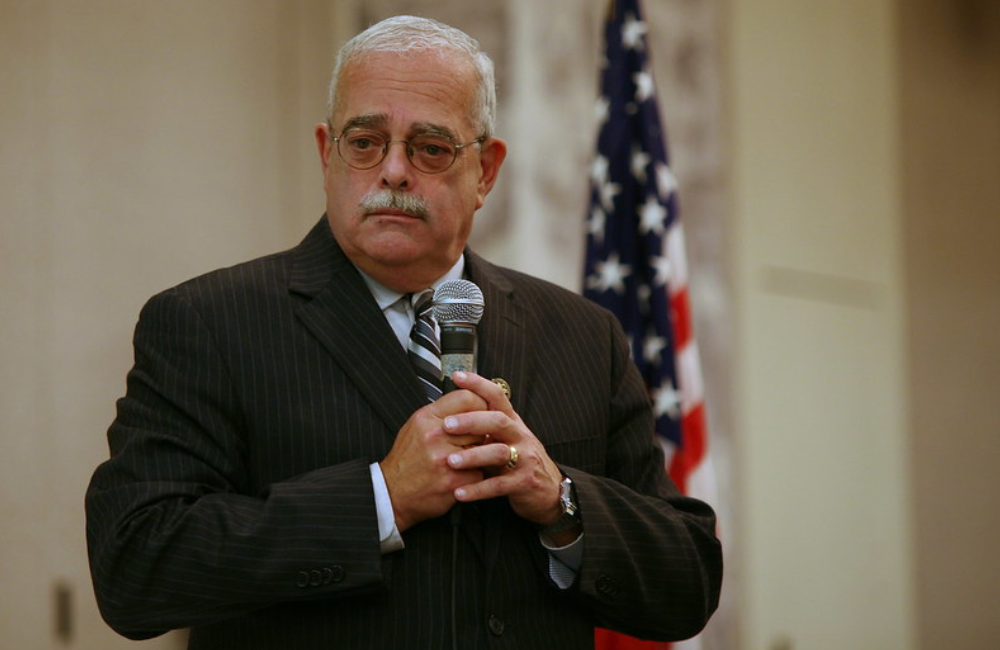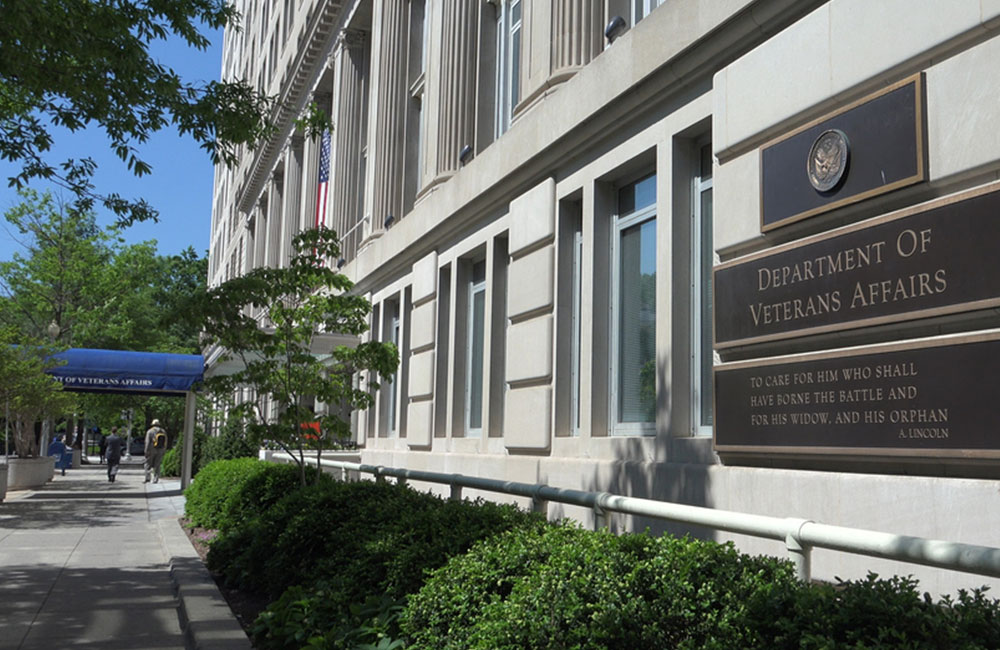CIOs See Boost in Proposed Performance Enhancement Reform Act
Amid the latest FITARA hearing, lawmakers want agency CIOs to have more authority over crucial factors impacting IT modernization strategies.

Legislators want key stakeholders and resources, like IT and data, to be included in federal agency performance plans, key representatives from the House Oversight and Reform Subcommittee on Government Operations said during today’s hearing on the 11th FITARA scorecard.
The Performance Enhancement Reform Act, sponsored by Chairman Gerry Connolly and Ranking Member Jody Hice, includes reforms to federal performance plans, including requirements that:
- Agency chief performance officers work alongside chief human capital officers, CIOs, CDOs and CFOs to prepare annual performance plans.
- Performance plans include descriptions of human capital, training, data and evidence, IT and skill sets needed for agencies to meet their performance goals.
- Performance plans include descriptions of technology modernization investments, system upgrades, staff technology skills and expertise, stakeholder input and feedback and other resources and strategies needed to meet performance goals.
“This important piece of legislation requires agencies’ performance goals to meet the demands of the ever-changing performance management landscape and includes data evidence and IT in their performance plan,” Connolly said.
“Today, with the Performance Enhancement Reform Act, we are taking a step forward in bringing the federal government into the modern era by requiring agencies to coordinate better with key agency leaders and best utilize resources when creating annual performance plans,” Hice added in a statement. “This will help maximize agency human capital, technology and time in order to better serve American families and businesses.”
Connolly introduced the bill during a hearing discussing Federal IT Acquisition Reform Act (FITARA) 11.0’s scorecard results that were released in December. The bill, he said, would help agencies meet their FITARA scorecard metric in enhancing agency CIO authorities.
“It’s among the duties of the CIO to plan for agency IT needs, including the resources required to accomplish the mission,” Connolly said. “Outdated legacy systems, software and hardware, however, continually prevent agencies from providing the services the American public expects and demands and deserves to determine the scope and feasibility of IT modernization. CIOs must be more involved in the agency performance planning.”
The legislation follows recent milestones that agencies hit during the latest FITARA review. These include sunsetting the software licensing metric of the scorecard, in which which all 24 graded agencies scored an “A,” as well as introducing a new category tracking agency transition progress on telecommunications contracts to the Enterprise Infrastructure Solutions (EIS) contract.
Amid these changes, however, both members of the subcommittee and hearing witnesses highlighted how cybersecurity metrics — especially amid the Solarwinds hack — on how agencies are delivering on mission, and other IT modernization aspects are critical in future FITARA reviews.
“The scorecard could measure federal websites’ compliance with industry best practices in conjunction with the IDEA Act,” Government Accountability Office Director of IT and Cybersecurity Issues Director Kevin Walsh said. “It could also reward or give a bonus tot he usage of the billion dollars recently received by the Technology Modernization Fund. However, the scorecard is only as good as the data behind it. In that vein, it would be great to see OMB’s dashboard reflect more of the government’s IT spending. For example, right now the dashboard does not include IT spending related to weapon systems, satellites or supercomputers.”
As FITARA evolves to meet the changing needs of federal IT modernization, the latest report shows three agencies’ scores increased, five decreased and 16 remained unchanged. For the second time in FITARA history, all agencies reviewed received passing grades.
The next FITARA scorecard will be released this summer, followed by a hearing to review agency scores in July.
This is a carousel with manually rotating slides. Use Next and Previous buttons to navigate or jump to a slide with the slide dots
-

Trump AI Orders Call for Speed in Building Infrastructure
The directives call for expanding AI infrastructure, streamlining federal permitting and promoting AI exports.
4m read -

DOD Accelerates Software Modernization with Agile DevSecOps Push
The Pentagon's software implementation plan tackles cultural hurdles and integrates security early to deliver critical capabilities faster.
6m read -

White House Unveils AI Action Plan to Secure Global Dominance
The strategy outlines steps to accelerate private sector innovation, build critical infrastructure and advance U.S. leadership in AI policy and security.
3m read -

VA's Platform One Powers Rapid Innovation to Bolster Digital Services
VA's Platform One accelerates software development timelines from weeks to hours, ultimately enhancing digital services for veterans.
5m read -

Federal Leaders Receive Federal IT Efficiency Flywheel Awards from GovCIO Media & Research
Five federal IT leaders received Flywheel Awards for driving innovation and modernizing technology at the Federal IT Efficiency Summit.
5m read -

Doing More with Less is Muscle Memory for IRS, Former Deputy CIO Says
Darnita Trower discusses her experience, the legacy she’s left behind and how she pushed the IRS to modernize itself,
20m watch -

Opinion: Original Intelligence Is the Missing Piece for AI Transformation
Limitations of AI agents and development drive growing needs for workforce development and "original intelligence."
3m read -

VA CIO Targets Modern IT and Smarter Workforce Alignment
Agency leaders told lawmakers they are focused on trimming legacy systems and restructuring its workforce to streamline operations.
3m read -

Pentagon's $200M AI Contracts Signal Broader Effort to Transform Talent
The Army is leveraging Silicon Valley, reservist programs and new hiring strategies to integrate critical digital skills in its ranks.
5m read -

AI Foundations Driving Government Efficiency
Federal agencies are modernizing systems, managing risk and building trust to scale responsible AI and drive government efficiency.
43m watch -

Inside DOD’s Push to Grow the Cyber Workforce Through Academia
Diba Hadi gives her first interview since becoming principal director of the DOD’s Cyber Academic Engagement Office.
15m listen -

Agencies Tackle Infrastructure Challenges to Drive AI Adoption
Federal agencies are rethinking data strategies and IT modernization to drive mission impact and operational efficiency as new presidential directives guide next steps.
5m read Partner Content




